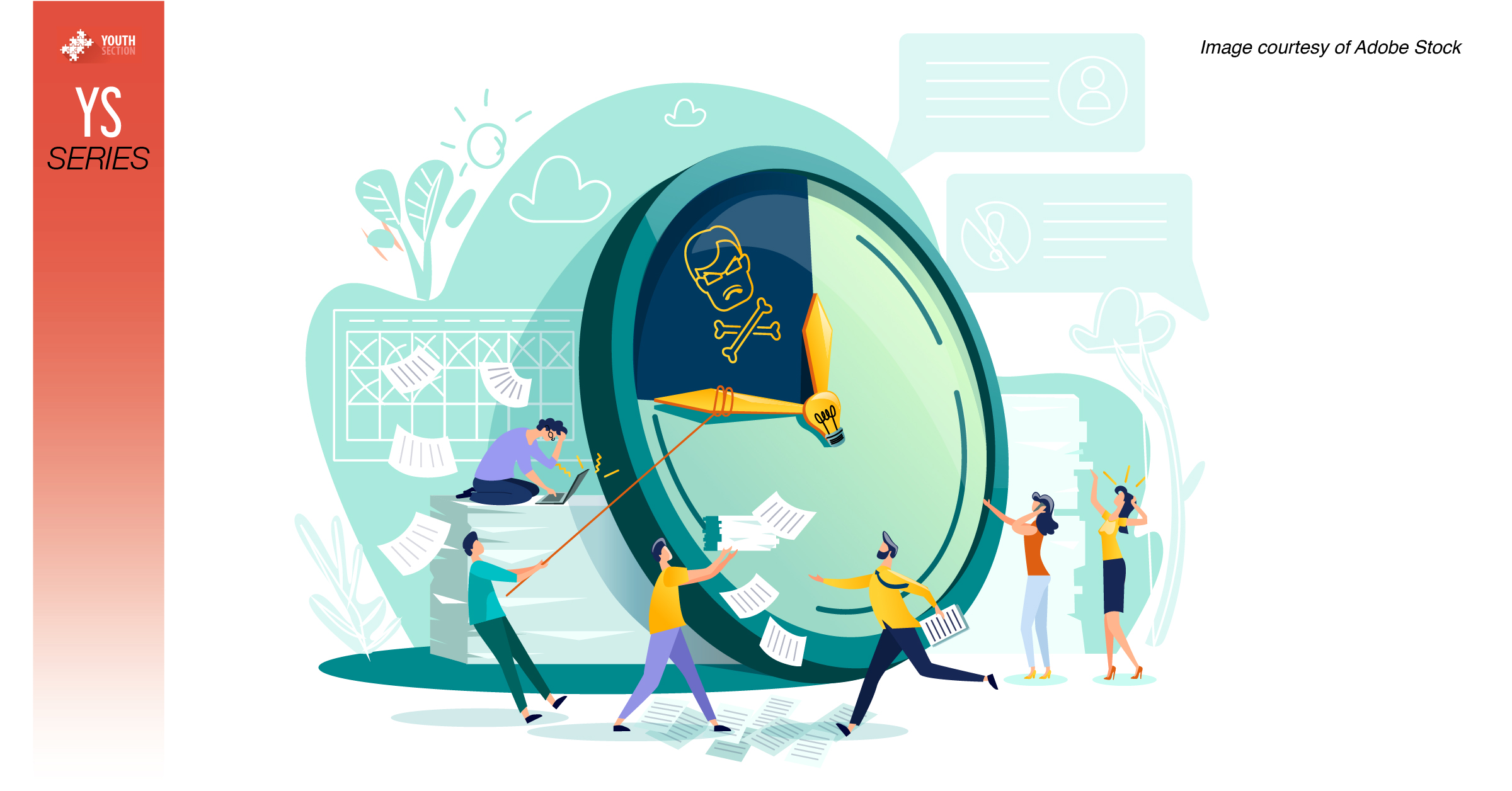What is procrastination? According to the Merriam-Webster dictionary, procrastination means “to put off intentionally the doing of something that should be done.”1 Procrastination has become a habit for many of us. We know that we should be studying for that big exam, but certain addictive YouTube recommendations keep coming our way. Some of us love the rush of these distractions, while others crave to break away from these chains and stop procrastinating. Regardless of your motives, we can all benefit from ending the addiction to push things off towards the last minute.
HOW DOES PROCRASTINATION AFFECT PEOPLE?
Procrastination may seem like a trivial issue, but it can surprisingly have severe consequences, such as:
- Poor academic performance
- Negative effects on learning
- Increased stress
POOR ACADEMIC PERFORMANCE
As the saying goes: slow and steady wins the race. When you rush an assignment, you will likely perform worse than you would have if you hadn’t waited until the last minute. According to one study, “procrastinators received significantly lower grades than nonprocrastinators.”2 Despite the common assumption that you can perform better under stress and the rush of last-minute timing, this study shows that, in reality, procrastination results in lower quality academic performance.3
NEGATIVE EFFECTS ON LEARNING
Not only does procrastination result in weaker academic performance, but it also affects learning. When you procrastinate, you risk not remembering much of what you have learned. When you cram information right before a test, you may be able to score well (even though studies show that most students perform worse on exams when they procrastinate), but you will likely have forgotten much of what you have learned. A common analogy compares a procrastinator to an athlete who prepares all day for a game the day before. You can’t develop physical muscles overnight. Your brain works in a similar manner; you cannot develop the neural networks associated with learning something by cramming before a test. While you may be able to remember the content for the test, you will likely not recall it later.
INCREASED STRESS
Procrastination also affects your mental health. Studies show that there is a correlation between procrastination and stress, anxiety, and depression.4 Similar to analysis paralysis, where you overanalyze a situation and become incapable of completing tasks, the stress associated with procrastination can result in you being unable to complete your assignments. This would then cause a rippling effect; the more you procrastinate, the harder it is to stop.
HOW TO AVOID PROCRASTINATION
Procrastination has many negative effects, but luckily, there are ways to beat procrastination. Here are some ways to stop procrastinating:
- Practise the Pomodoro Technique
- Break up large tasks
- Reward yourself
- Build good habits
THE POMODORO TECHNIQUE
One of the most effective ways to avoid procrastination is to use the Pomodoro Technique. The Pomodoro Technique gets its name from pomodoro, the Italian word for “tomato.”5 This technique, developed in the 1980s, typically involved a tomato-shaped timer; hence the name “Pomodoro Technique.”6 It involves simply setting a timer (usually for 25 minutes). For those 25 minutes, select a task and work solely on it. Eliminate any distractions. Turn off your notifications, close out all other tabs on your computer, work in a quiet area and keep working until your 25 minutes are up. Similar to the way a short high-intensity workout is more effective than a longer low-intensity workout, working diligently and distraction-free for 25 minutes can help you accomplish more than having a longer unstructured study time.
BREAK UP LARGE TASKS
When I say don’t procrastinate, I don’t mean to complete your entire 10-page essay the day it’s been assigned. Break it into smaller, more manageable subtasks, such as preparing the outline, the rough draft, editing and revising, and making the final draft. A common reason for procrastination is the feeling of being overwhelmed by such a large amount of work and the lack of confidence to be able to complete it.7 Breaking down the assignment into more manageable subtasks can help give you the confidence you need to complete it.
REWARD YOURSELF
Everyone likes rewards! Rewarding yourself, especially after an intense focus study session, can serve as an incentive and give you the motivation you need to continue building good habits.
Set goals for yourself. After breaking up the assignment into more manageable tasks, give each task a deadline and make sure to hold yourself accountable. Rewards can be anything from taking a walk to spending time with friends to surfing the internet. A lack of motivation can be a cause of procrastination and rewarding yourself can be the push you need to avoid it.
BUILD GOOD HABITS
Using these techniques will help you to overcome procrastination temporarily. However, you will need to use these techniques, and any other techniques that work for you, consistently to build good habits. The more you use strategies to beat procrastination, the less effort is required later. Habits take a while to develop, but the longer you procrastinate, the harder it will be to change those bad habits later.
Procrastination is prevalent in many of our lives and can have multiple negative effects. Luckily, there are several ways to beat it. Practice doesn’t make perfect, but it does make improvements. Set goals for yourself and you can accomplish anything.
Works Cited
- Chong, Tina. “Causes of Procrastination.” Student Success Skills for Polar Bears. Baldwin Center for Learning and Teaching. Accessed June 16, 2021. https://www.bowdoin.edu/baldwin-center/pdf/handout-causes-procrastination.pdf
- Thomas-Stagg, Jonathan. “The Pomodoro Technique,” Illinois State University, accessed June 16, 2021. https://www.disability.illinois.edu/sites/default/files/Pomodoro%20Technique.pdf
- Tice, Diane M. and Baumeister, Roy F. “Longitudinal Study of Procrastination, Performance, Stress, and Health: The Costs and Benefits of Dawdling.” Psychological Science 8, no. 6 (1997): 454-458, https://www.jstor.org/stable/40063233
- “Procrastinate.” Merriam-Webster Dictionary. Last updated January 14, 2021. https://www.merriam-webster.com/dictionary/procrastination

























